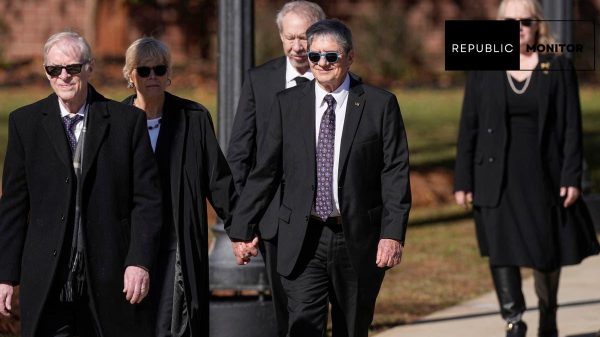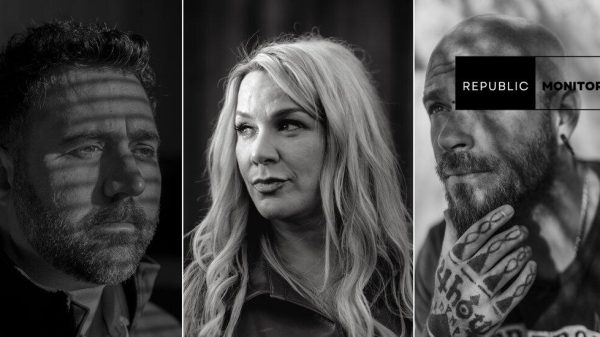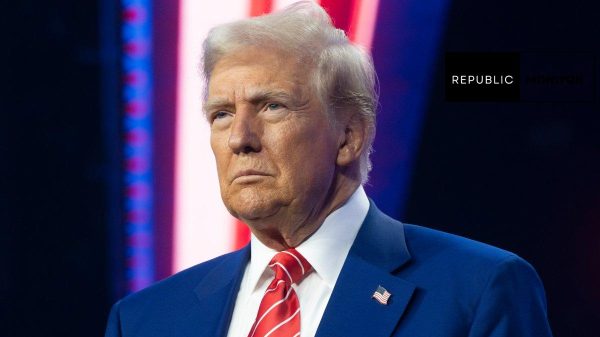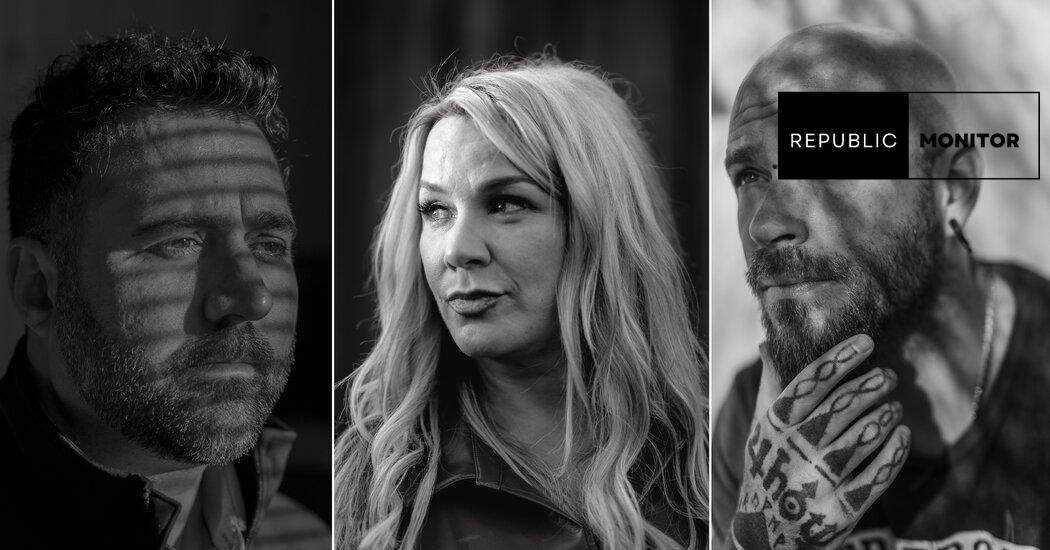As the calendar turns to January 6, 2025, we find ourselves reflecting on a significant moment from four years ago—the storming of the U.S. Capitol. This attack not only shook the nation to its core but also led to ongoing conversations about our democratic values and actions taken that day. Since then, nearly 1,600 people have faced prosecution for their actions during this chaotic time, with consequences continuing to unfold across the country.
Prosecutions and Actions
In the years since that fateful day, nearly 1,600 individuals have been prosecuted in connection with the events of January 6. The U.S. Capitol attack caused severe damage and injured over 140 police officers who bravely defended the Capitol. Lawmakers were forced to evacuate as rioters breached the building while Congress was in the process of certifying the election results. This moment ultimately prompted the Justice Department to initiate its largest investigation to date.
- The Justice Department has made arrests related to the Capitol attack in all 50 states.
- Some defendants face serious felony charges, such as assault or seditious conspiracy.
- Many defendants with less severe charges have already resolved their cases.
Shifting Opinions Among Republicans
Interestingly, a recent CBS News/YouGov poll revealed a notable change in how some Republicans view the January 6 events. In early 2021, 51% of Republicans strongly disapproved of the actions taken that day, but by late 2024, that number dropped to just 30%. It appears that as time has passed, some members of the party have softened their stance regarding the attack, with many now expressing support for pardoning those involved.
Impact on the Nation’s Sentiment
The actions of January 6 have not only impacted the individuals prosecuted but have also left a long-lasting mark on the American psyche. A Senate report indicated that at least seven lives were lost due to the chaos, and the legacy of that day continues to divide public opinion. While many Americans still firmly oppose the actions taken by the rioters, the wave of shifting opinions within the Republican party signifies a growing polarization in our political landscape.
Looking Ahead
As we remember the events of January 6, 2021, and reflect on the legal battles and political opinions that have arisen since, there is an opportunity for us as a nation to learn from the past. The discussions surrounding accountability, responsibility, and democracy remain pivotal as we strive to understand the implications of our actions and the importance of civic engagement.
Ongoing Dialogue and Community Response
While discussions continue about how to prevent a situation like January 6 from happening again, many communities are stepping up to promote kindness, understanding, and unity. Schools, organizations, and civic groups across the country are working hard to engage young people in discussions about democracy, encouraging them to participate in the democratic process actively.
Conclusion: What’s Next?
The events of January 6 still resonate today, and the discussions around them are crucial as we navigate our future. By contemplating our nation’s path forward, we can focus on rebuilding connections and reinforcing our commitment to democracy and civil discourse.
















